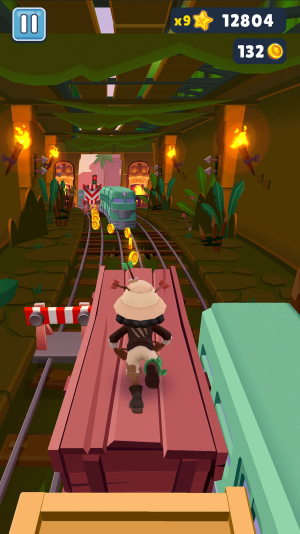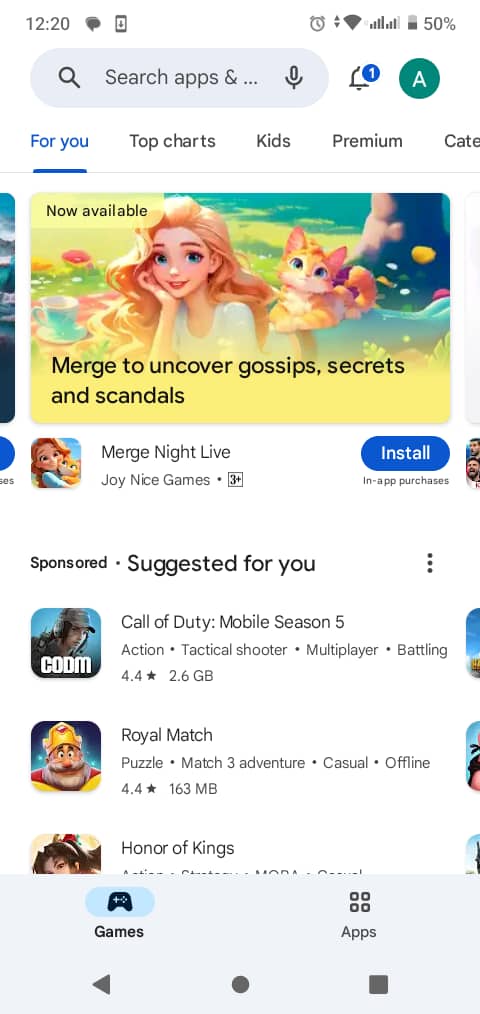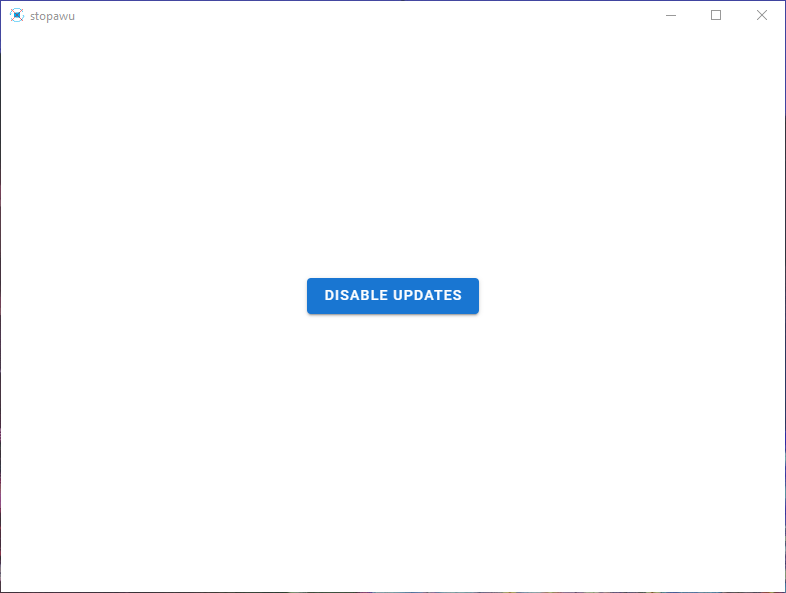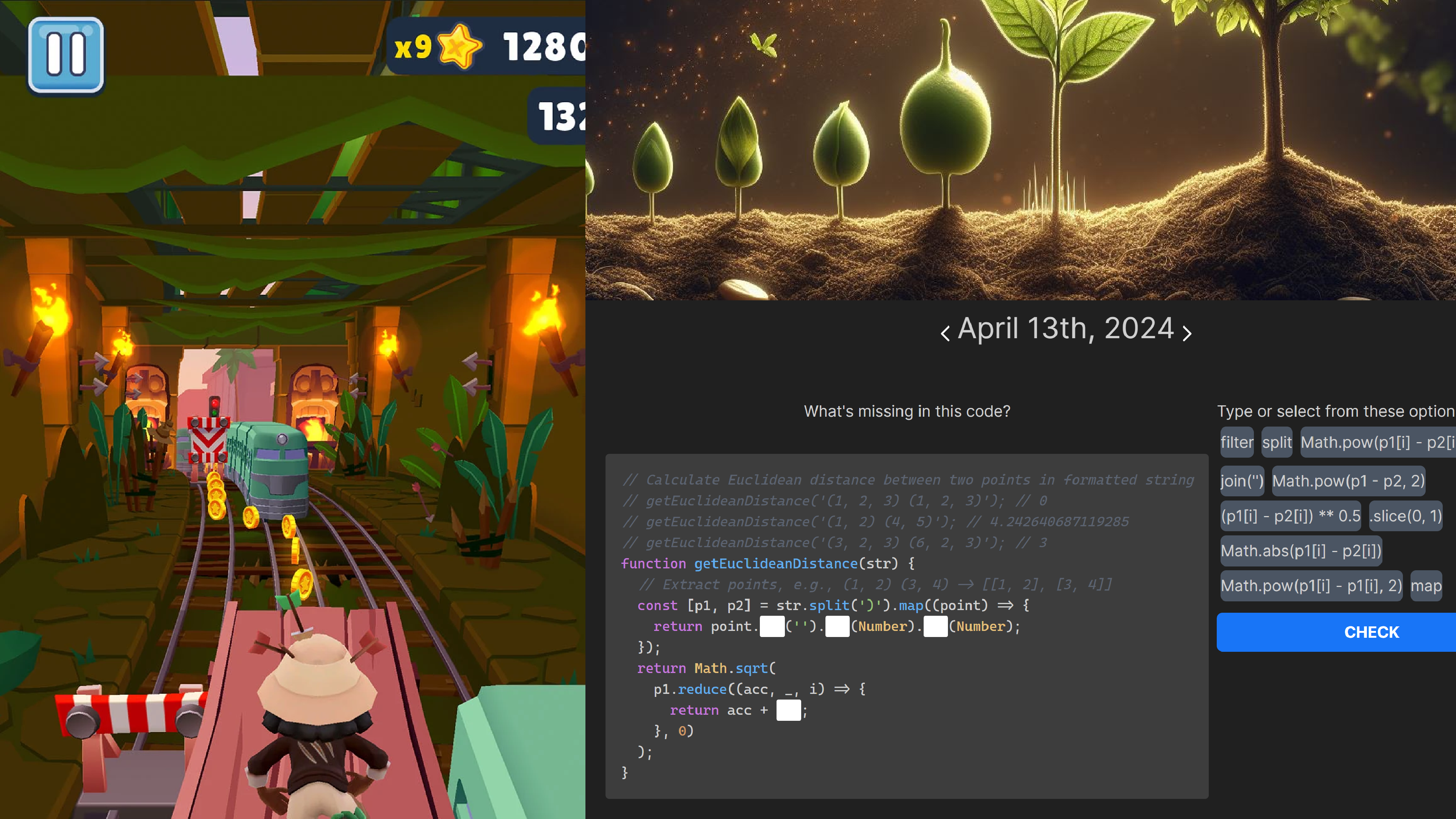5 unexpected ways coding upgrades your life — beyond making money
I could code for many hours straight but I usually couldn’t say the same about writing!
And I always wondered why.
But I knew it was because of certain underlying emotions and values I felt when coding but didn’t quite feel for writing.
Eventually, I discovered at least 5 things about coding that make it so enjoyable and meaningful.
Things that can make any activity more pleasurable and fulfilling.
1. Purpose
There’s a deep sense of purpose in coding that gives us constant drive & passion.
A reason to wake up in the morning.
Every massive coding project is a brand new mission in itself with lots of exciting goals & milestones.
It’s an endless adventure.
Imagine creating an endless runner game like Subway Surfers from scratch:

You will have so many invigorating things to do:
- Download & install the game engine: like Unity
- Create the sprites: characters, hoverboards, costumes, etc.
- Create the algorithm for the endless running…
Every milestone gives you a strong sense of accomplishment & direction.
2. Growth: of people & code

You
Growing as a person makes life feel new and exciting.
You grow when you gain more of something valuable:
- Strength: Levelling up at the gym
- Freedom: Beating an addiction: alcohol, porn, etc.
- Knowledge: Becoming more fluent in a language
As you improve your coding knowledge & skills you feel like you’re making focused progress as an individual.
You get better at:
- Solving problems: and designing algorithms
- Writing clean, readable code
- Writing modular cohesive code with minimal coupling
Your code
You nurture when you help something else grow:
- Raising children
- Body transformation coaching
- Gardening
When you code, you nurture programs.
Every new line and every new commit upgrades the system with new capabilities.
At a high level:
- You give it more features
- You make it faster
- You improve the UI
Low-level:
- You refactor: greater readability
- You fix bugs
- You create tests: greater stability
3. Cognitive challenge: and mental stimulation
No secret that coding makes your brain work!
Just like:
- Chess
- Philosophy
- Debating & solving math proofs
You need lots of logical processing and memory retrieval to create problem-solving algorithms.
Especially for complex games and backend-heavy apps.
You stretch your cognitive abilities and enter into an enjoyable state of flow — keeping you glued to the chair for hours.
And when you’re done you feel a deep sense of accomplishment.
It’s a key reason why we created Coding Beauty Play — regular puzzles to test your memory and make you think!
Just see all the processing needed to go from the formatted string to the number:

4. Power: of creation & automation
Coding transforms you into an all-powerful digital god.
You can autonomously create a brand new world of your own with nothing but your thoughts.
It’s a major reason why game programming and front-end UI design can be so exciting.
And where did all the millions of games & apps we use every day come from?

They didn’t come from the investor money or the code editors; these were just tools.
They came from the minds of the creators and developers.
It all started with an idea — ideas that go on to revolutionize the world and generate billions.
Making an impact on both the virtual and physical world.
Of automation
With coding, you complete unbelievable amounts of work in fractions of a second.
Think of all the work Google Search does every day:
- 99,000 queries every second
- 8.5 billion searches per day
- 2 trillion global searches per day
This is simply out of the bounds of manual human ability, to put it lightly.
With automation I finally stopped those annoying Windows Updates.
By creating a tiny app to constantly stop the services any time Windows auto-restarted them.

5. Unity: of code & humans
Of code
Coding brings you face-to-face with the beauty of collaboration.
You experience the magnificence of various components of a complex system cohesively working together towards a common end.
Like carefully connected pieces on a chessboard working in harmony.

You see this when you split up your files into modules and objects.
Every single module plays its role in achieving the overall goals of the larger system.
They have the opportunity to be part of a community; of something bigger than themselves.
Of humans
And so do we when we work as a team.
We feel a shared sense of belonging as we strive toward a common goal together.
We are energies by the connection and fulfilled by our contributions towards the group and the mission.
Join the community on Discord for more engaging & free-flowing discussions on these things, and tips for leveling up and earning more as a developer.




















